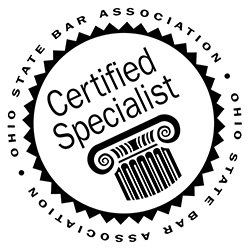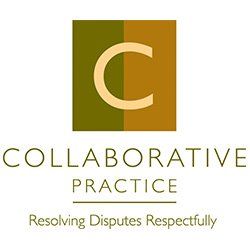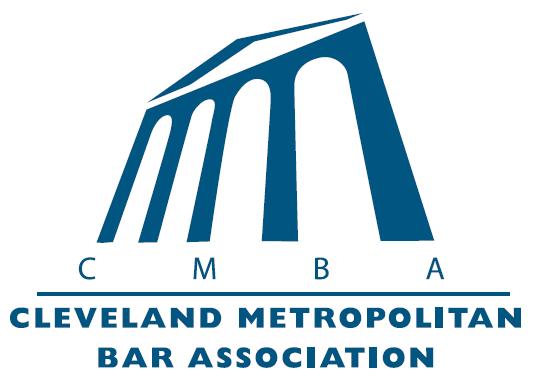Collaborative Divorce
When you’re going through a divorce, it’s usually because you had significant disagreements with your spouse or because one did something the other considered a severe breach of trust. If you go into your divorce, continuing the same mindset can seem like a collaborative divorce is impossible. On the other hand, if you’re able to refocus your thinking and work with your collaborative attorney to prioritize your concerns and learn to engage in sincere interest-based conversations, resolving the termination of your marriage fairly and efficiently is possible. Developing communication skills, including non-judgmental language and active listening, may save on legal fees, stress, and long-lasting negative feelings. Strict adherence to the collaborative process is highly successful in creating durable agreements.
WHEN TO CONSIDER A COLLABORATIVE DIVORCE
The short answer is that just about everyone should give serious thought to a collaborative divorce. Even if initially, you do not think you can work directly with your spouse, you can draw on the skills of your experienced collaborative practitioner and mutually agreed upon ancillary professionals to educate and direct a meaningful conversation. If there’s a single sticking point preventing a global settlement, you can utilize other alternative dispute resolution processes eliminating your need to engage in litigation.
HOW A COLLABORATIVE DIVORCE WORKS
A collaborative divorce is simply a negotiation process. Each spouse must hire a Collaboratively Trained attorney to work with him/her throughout the process, advising on legal issues, identifying and prioritizing problems, and brainstorm creative non-traditional resolutions. Every meeting will include both participants and their collaboratively trained attorneys unless the parties choose to meet with an ancillary professional without counsel.
The collaborative is a private process that allows for scheduling mutually convenient times for meetings. Generally, each collaborative session is no longer than two hours.
The role of your collaborative attorney is to act as a guardian of the collaborative process voluntarily selected. Your collaborative attorney will guide you with legal information and wise counsel as you engage in interest-based conversations that will allow you to resolve even the most sensitive issues actively. After reaching a global settlement of all matters, collaborative counsel will draft your mutually agreed-upon separation agreement. If there are children from the marriage, a parenting plan agreed to be in the children’s best interests will be prepared. The contracts are submitted to the court as a Dissolution of marriage proceeding. Parties engaging in Ohio’s collaborative process may seek an immediate final hearing and do not need to wait 30 days to schedule a final hearing.
If you’re near Cleveland, Ohio, and are looking for an attorney who can guide you through a collaborative divorce, contact Jonetta J. Kapusta-Dorogi, LLC today.
Anyone interested in learning more about collaborative process can read many informative articles available at the International Academy of Collaborative Professionals (IACP) website, www.collaborativepractice.com.








